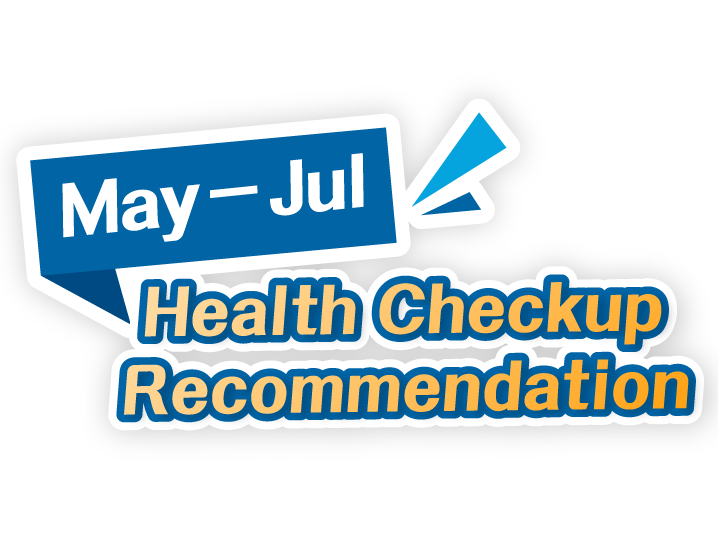When possible, it’s ideal to get the HPV vaccine. The HPV vaccine has many benefits, mostly to prevent certain types of cancers such as cervical cancer in women and genital warts in both males and females. Nowadays when it comes to vaccinations, a lot of questions come up. In this article, the most common and important questions will be covered.
Anyone of any age that is sexually active can get an HPV infection. There are some age groups where HPV is far more prevalent. While both men and women are at risk of getting HPV, it’s mostly females who fall victim to HPV, especially through cervical cancer, which is the most common side effect of HPV.
Many studies have been introduced with the most famous one in 2009 studying the popularity within the Mediterranean countries within Europe. This study has concluded that the ages between 14 to 19 and 50 to 54 are the most common ages where women have contracted HPV. For men, it was ages 31 to 34. HPV can be contracted at any age, while most immune systems can fight off HPV, at times it can still stay in the body.
Anybody 45 and under should try to get the HPV vaccine. From the ages of 9 to 26 years of age, the vaccine is going to be more effective, but patients who are past the age of 26 will most likely need a case-by-case basis, meaning there will be a clinical decision-making process. Most boys and girls will get the HPV vaccine when they’re 11 or 12, as preteens have the strongest immune system. Children between the ages of 9 and 10 can get the HPV vaccination but it may take a bigger toll on their body as their immune systems aren’t as strong as preteens.
Teenagers after the age of 12 can get the vaccine, and should, but beware that the effectiveness of the HPV vaccine won’t be as strong due to teenagers’ bodies having slightly weaker immune systems compared to preteens. Those under the age of vaccine will only need two doses of the shot due to their immune systems while those past the age of 15 will need three shots for the HPV vaccine to be effective. The reason children get vaccinated at such a young age is due to the unlikeness of having sexual activity. This in turn helps with building up their immunity so it can fight off any HPV infections.
While children should get the HPV vaccine before the age of 15, most people under the age of 45 can get the vaccine. However, there are some contributing factors to whether or not the vaccine will be given and the possibility of the effectiveness. Patients between the ages of 27 to 45 will need to go through clinical decision-making with their doctor.
This includes knowing what allergies the patient may have, how their immune system is, and how many sexual partners they’ve had. The vaccine is most effective for patients who had had no or very few sexual partners. Some studies are still being produced on whether or not people after the age of 45 can safely get the HPV vaccine.
Most people can get the vaccine however it’s recommended that pregnant women do not get it, but instead wait until they complete breastfeeding. Patients who have allergies to certain ingredients that are in the HPV vaccine such as latex are recommended to not get the vaccine or to discuss with their doctor how to proceed. Also, patients who are immunocompromised are recommended to avoid the vaccine or to discuss with their doctor how to safely get vaccinated.
At this time, studies are still being conducted on whether or not a single dose is needed or if booster shots will be required.
Currently, the HPV vaccine will only last for 10 years, studies are trying to prove that the HPV vaccine is effective for longer than that.
There are several different types of vaccines, the common three are:
These three vaccines are mainly administered by Gardasil and Cervarix but could vary by country. These protect against 9 different strains of HPV.
The required doses will heavily depend on the patient’s age. Children between the ages of 9 through 14 will only need two doses six to twelve months apart. Anybody over the age of 15 who gets vaccinated will need to have three shots that are six to twelve months apart.

